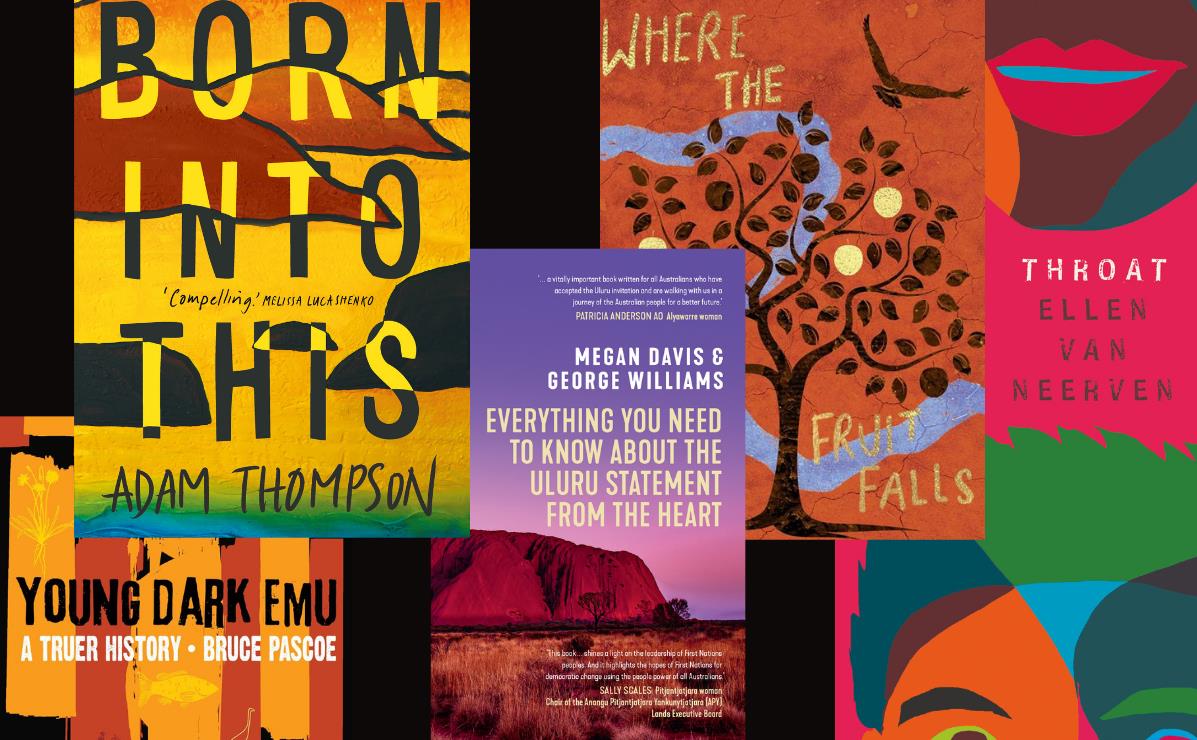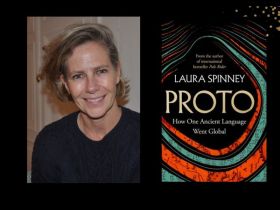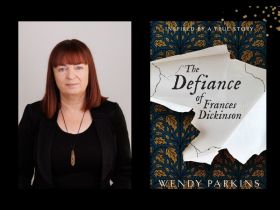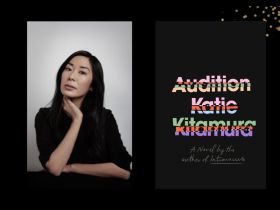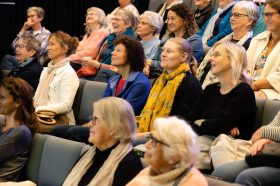Using the Week’s them of ‘More than a word. Reconciliation takes action’, we looked for recent publications which inspire reflection and drive change. From poetry to non-fiction, here are five books about relationship rifts and mends that speak to nation-building on both individual and collective scales.
This collection of poetry from queer Black writer, Ellen van Neerven, explores the intersection of sex and race politics. It’s a work of lived experience that bristles with energy and passion as Van Neerven tackles language, history, Country and belonging. Moving deftly from lyrical and intimate to sardonic and confrontational the book will indeed grab you by the throat.
Born into This, Adam Thompson. UQP
Born into this is an explosive introduction to the short stories of Tasmanian Aboriginal writer Adam Thompson as he navigates his homeland through his protagonists’ relationship to their environment in both rural and urban settings. Thompson’s characterisation, dialogue and impeccable sense of pacing and timing make this a stellar debut.
Everything you need to know about the Uluru Statement from the Heart, Megan Davis and George Williams, UNSW Press
On 26 May 2017, the Uluru Statement from the Heart was read out, an urgent call out for reform to the community from Aboriginal and Torres Strait Islander peoples who requested the establishment of a First Nations Voice to Parliament in the constitution. This important book canvasses the journey to this point and outlines how these reforms can be achieved.
Where the fruits fall, Karen Wyld, UWAP
Spanning four generations, with a focus on the 1960s and 70s, an era of rapid social change and burgeoning Aboriginal rights, this debut novel follows the stories of individual and intertwined First Nations women in colonial Australia. In language shot through with poetry and magic realism, Karen Wyld emphasises the impact of personal and collective history on our present and future.
Young Dark Emu, Bruce Pascoe, Magabala Books
Written especially for younger readers (age 9 plus), this version of Bruce Pascoe’s bestselling Dark Emu uses the accounts of early Europeans explorers and colonialists to argue for a reconsideration of the stereotypical trope of hunter-gather that’s often applied to Aboriginal Australians. Indeed, before the advent of European settlers, there were already cultivated farming areas, fisheries and agricultural practices across the country.
